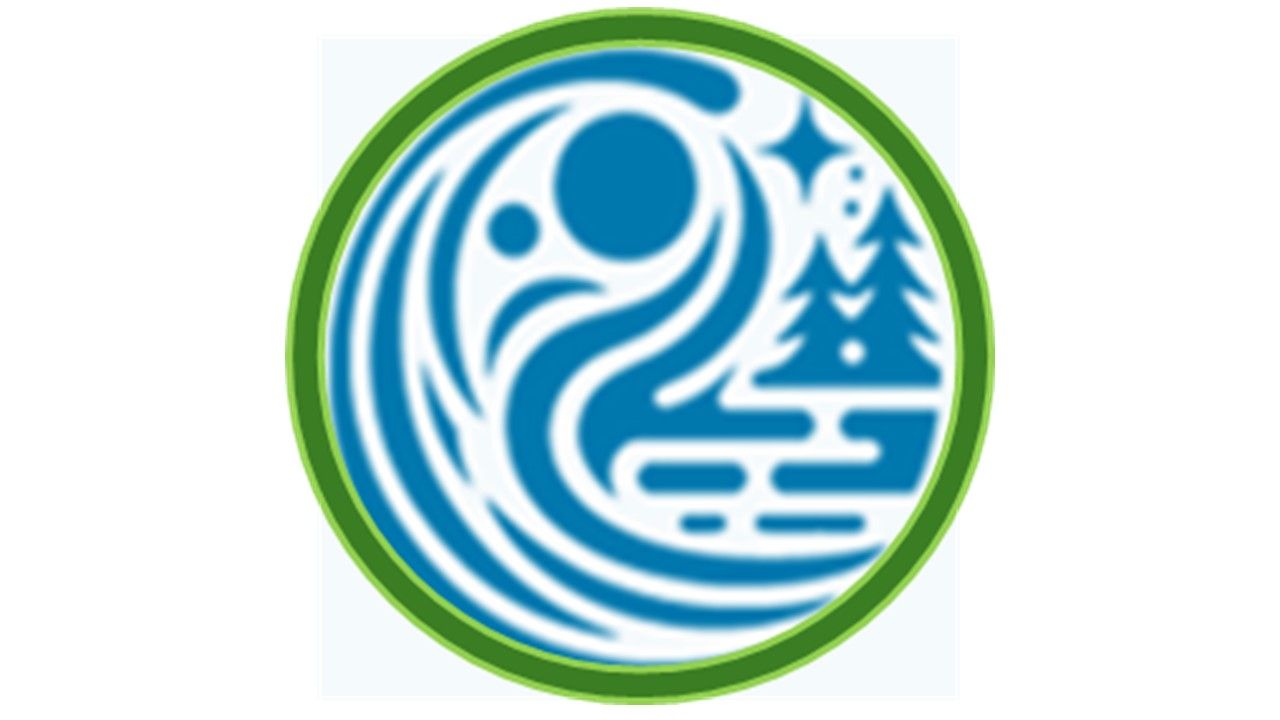Common Misconceptions About Indigenous Cultures and How to Address Them
Understanding Indigenous Cultures
Indigenous cultures are rich, diverse, and deeply rooted in history, yet they are often misunderstood. These misconceptions can lead to stereotyping and cultural appropriation. Understanding the truth behind these cultures is vital in fostering respect and appreciation.
One common misconception is that all Indigenous cultures are the same. In reality, there are over 5,000 distinct Indigenous cultures worldwide, each with its own language, traditions, and belief systems. This diversity is a testament to the resilience and adaptability of Indigenous peoples.

Language and Communication
A prevalent myth is that Indigenous languages are primitive or simplistic. This is far from the truth. Many Indigenous languages are complex, with intricate grammar structures that convey deep philosophical concepts and cultural values. Recognizing the sophistication of these languages is crucial in preserving them for future generations.
Efforts to revitalize Indigenous languages are underway worldwide. Language plays a crucial role in cultural identity, and supporting these initiatives helps maintain the cultural heritage of Indigenous communities.
Cultural Practices and Traditions
Another misconception is that Indigenous cultural practices are outdated or irrelevant. On the contrary, many Indigenous practices, such as sustainable farming and traditional medicine, offer valuable insights into environmental stewardship and holistic health. Embracing these practices can lead to innovative solutions for modern challenges.

To address this misconception, it’s essential to engage with Indigenous communities directly. Participating in cultural events and supporting Indigenous artisans can provide a deeper understanding and appreciation of their traditions.
Stereotypes and Representation
Stereotypes about Indigenous peoples, often perpetuated by media, contribute to harmful biases. These stereotypes include the portrayal of Indigenous peoples as living in the past or being solely reliant on nature. Such images fail to recognize the vibrant, contemporary realities of Indigenous communities.
Challenging these stereotypes involves promoting accurate representation in media and education. Encouraging Indigenous voices to tell their stories can lead to more authentic portrayals.

Steps Towards Reconciliation
Addressing misconceptions about Indigenous cultures requires ongoing dialogue and education. Here are some steps individuals can take:
- Educate yourself through books, documentaries, and reputable sources about Indigenous histories and cultures.
- Support Indigenous businesses and initiatives that aim to preserve cultural heritage.
- Advocate for policies that protect Indigenous rights and land sovereignty.
By taking these steps, we can move towards a more inclusive society that honors the contributions and wisdom of Indigenous peoples worldwide.
